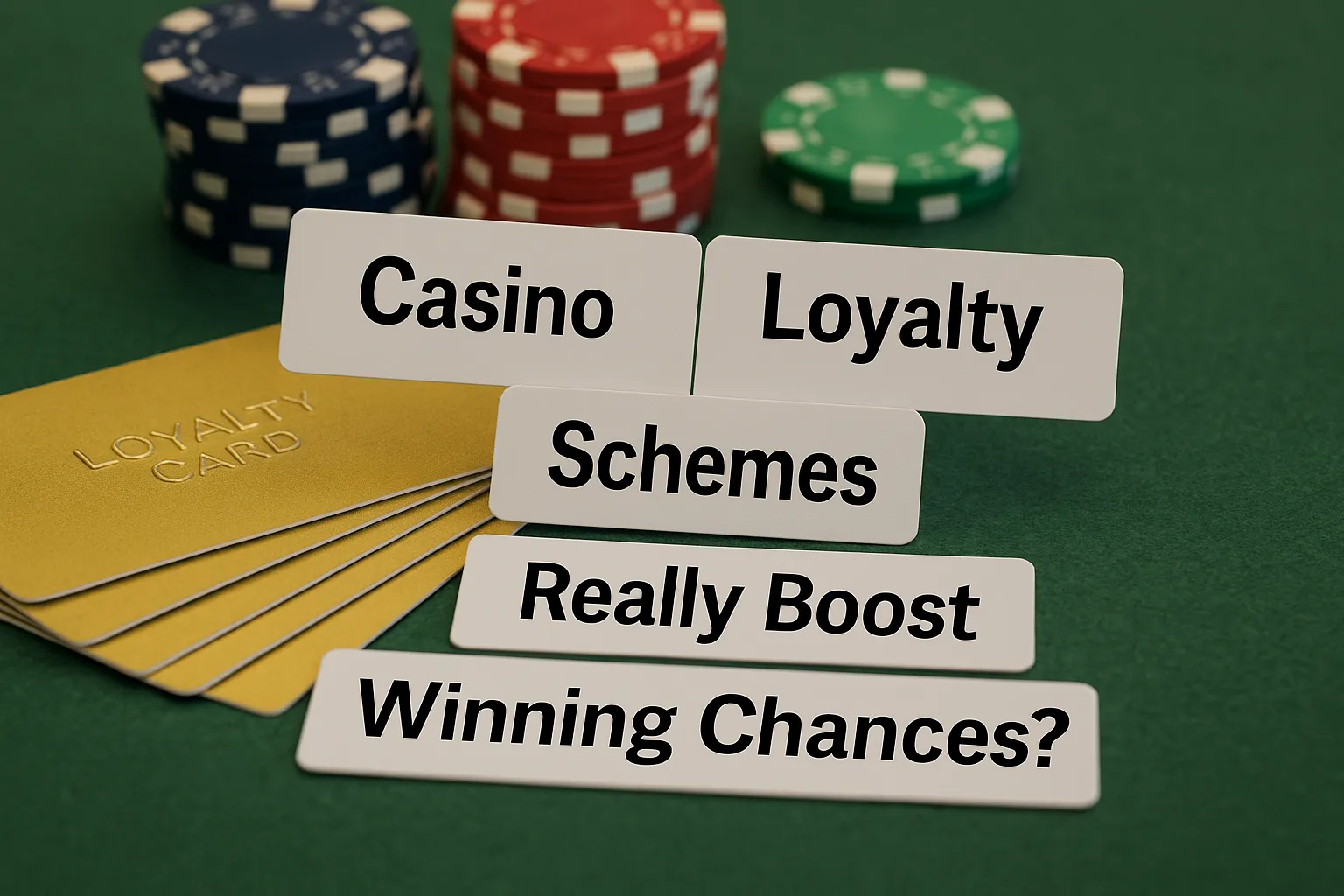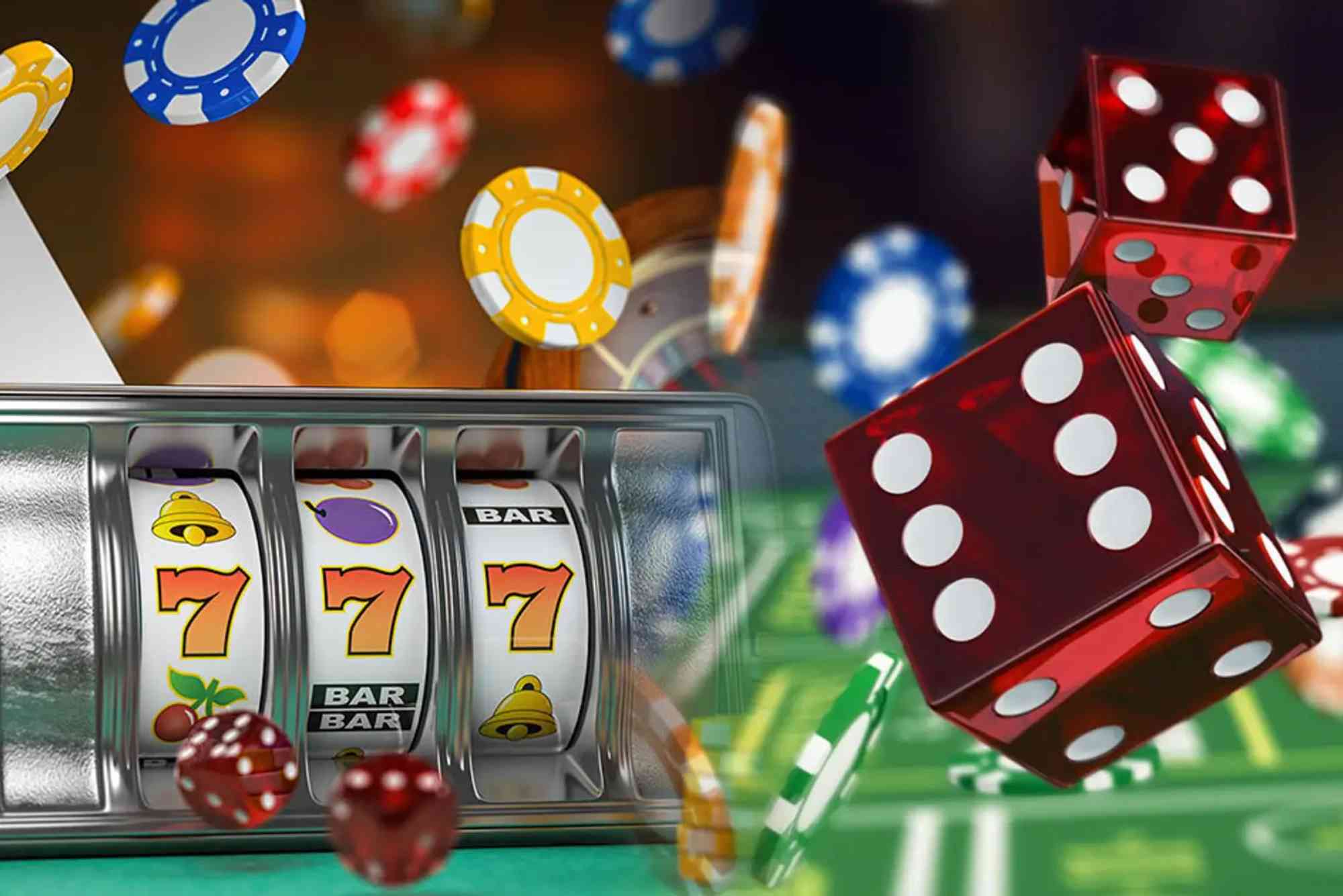Casinos thrive on two things: entertainment and player loyalty. To encourage repeat visits and extended play, most modern casinos offer loyalty schemes. These programs reward players with points, perks, and benefits in exchange for regular play. The appeal is clear—earn while you play. But the real question many ask is whether these loyalty schemes genuinely improve your chances of winning, or if they are simply designed to keep you playing longer. Having studied casino structures and spoken with frequent players, I can confidently say loyalty programs are beneficial in certain ways, but they don’t change the fundamental odds of the games themselves.
How Casino Loyalty Programs Work
At their core, casino loyalty schemes are structured much like airline frequent flyer programs. Players are issued loyalty cards that track their gaming activity. Every spin of the slots, every hand of blackjack, and every hour spent at the tables is logged. In return, players earn points that can be redeemed for free play, dining vouchers, hotel stays, or even exclusive event invitations.
Some casinos operate tiered systems where higher levels of play unlock bigger perks. These tiers often include free parking, access to VIP lounges, or faster withdrawal processing in online casinos. In essence, the more you spend, the more the casino gives back.
This concept extends beyond traditional casino floors into the digital world, particularly in non uk casinos that compete internationally. Here, loyalty schemes can be even more generous, with cashback offers, matched deposit rewards, and tournaments available to maintain player engagement. These programs resemble sports or retail loyalty structures, such as the incentives seen at Intersport, where repeat customers are rewarded for consistent participation.
Do Loyalty Schemes Improve Winning Chances?
The short answer is no—loyalty schemes do not change the mathematical house edge that governs casino games. The odds of roulette, the payout percentage of a slot machine, or the structure of a poker game remain the same regardless of how many loyalty points you have accumulated. Casinos design their games around probabilities that favor the house, and no rewards program can alter that.
What loyalty schemes do offer, however, is extended value. For example, if you play a slot machine with a 95% return-to-player rate and also earn 1% in cashback rewards through the loyalty program, your effective return rises slightly. It’s not enough to tip the odds in your favor, but it does cushion losses and stretch your bankroll further. In this sense, loyalty schemes can indirectly make your gaming sessions last longer and feel more rewarding, even if they don’t guarantee profit.
The Psychological Appeal
One of the reasons loyalty schemes feel so enticing is psychology. When you earn points or unlock tiers, it triggers the same reward mechanisms in your brain as winning a hand at the poker table. Casinos leverage this by creating a sense of progress and achievement that keeps players coming back.
The gamification aspect is critical. Moving from a “Silver” tier to a “Gold” tier in a loyalty program mimics leveling up in a video game. The perception of advancement adds emotional satisfaction, which sometimes makes players overlook the actual cost of achieving those points. This is why many seasoned gamblers caution against chasing loyalty perks as if they were winnings themselves.
Value for Recreational Players
For casual players, casino loyalty schemes can provide genuine value. Free meals, hotel discounts, or extra slot credits make the entertainment experience more enjoyable and cost-effective. If you were planning to spend a certain amount anyway, earning perks on top of that is simply a bonus.
The key is to treat these rewards as entertainment benefits, not as a path to beating the house. They enhance the overall experience but do not change the basic reality that casino games are structured in favor of the operator.
The Edge for High Rollers
For high-stakes players, loyalty schemes can be more impactful. VIP programs often offer higher cashback percentages, personal account managers, priority support, and even tailored offers such as luxury vacations or cash rebates. These rewards can reduce the long-term cost of play significantly.
However, even at the VIP level, loyalty schemes do not affect the underlying odds of the games. They simply offer better returns on money already spent. For professionals who see gambling as entertainment with added benefits, this can be worthwhile. But it’s still not a strategy to increase actual winning chances.
Responsible Gambling and Loyalty Programs
It’s important to acknowledge the risks that come with loyalty schemes. Because they are designed to keep players engaged, they can encourage excessive play. For someone struggling with discipline, chasing points may lead to higher losses than intended.
The best approach is to view loyalty programs as a side benefit, not a reason to play more. Responsible gambling tools, such as deposit limits and self-exclusion options, should always be prioritized over chasing rewards. Remember, casinos create loyalty schemes because they benefit the business first and foremost.
Final Thoughts
So, can casino loyalty schemes really boost your winning chances? Not directly. The odds of casino games are fixed and remain unaffected by rewards programs. What these schemes do provide is extra value, stretching your budget further and making your overall casino experience more enjoyable. For recreational players, that might mean a free dinner or a few more spins on the slots. For high rollers, it could mean cashback bonuses and VIP treatment.
Ultimately, loyalty schemes are best seen as enhancements to entertainment, not as tools to tilt the odds in your favor. If used wisely, they can add enjoyment to your time at the casino. But if misused, they can become just another way of spending more than planned.









